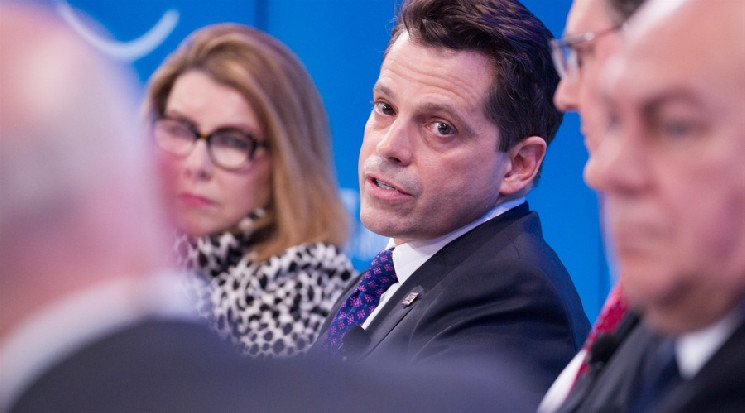Anthony Scaramucci, the Founder of SkyBridge Capital investment firm, has recently shared his thoughts on the current state of cryptocurrency regulation in the United States. In a statement to Finance Magnates, Scaramucci called for a more bipartisan approach to market regulation and highlighted the European Union’s Markets in Crypto-Assets (MiCA) regulation as a potential influence on US policy.
Scaramucci emphasized the importance of collaboration across party lines when it comes to regulating the crypto industry. He commended Senators Kirsten Gillibrand and Chuck Schumer for their efforts in this regard. However, he expressed criticism towards what he referred to as the “Elizabeth Warren and Gary Gensler hegemony” in shaping US crypto policy. Scaramucci suggested that their approach has been detrimental to the industry and may be influenced by factors beyond regulatory concerns.
The former White House communications director pointed to past interactions between regulators and Sam Bankman-Fried, the founder of FTX, as a possible factor in shaping their current stance on crypto regulation. Scaramucci insinuated that personal relationships may have played a role in regulators’ decisions, leading to what he believes is unfair treatment of the industry.
Scaramucci’s comments come at a time when the US is facing regulatory uncertainty in contrast to the European Union’s proactive approach with the MiCA framework. While the US relies on existing financial regulations and enforcement actions for crypto oversight, the EU has implemented a comprehensive regulatory framework specifically for cryptocurrencies.
As the US presidential elections approach, Scaramucci shared insights on the current political landscape. He noted Vice President Kamala Harris’s strong campaign but emphasized that the race remains too close to call. Scaramucci highlighted the differences in campaign strategies between Harris and former President Trump, pointing out Harris’s unprecedented ground game and Trump’s high name recognition advantage.
In terms of how the presidential elections could influence crypto regulation, Scaramucci suggested that Harris may support a moderate approach to legislation that fairly regulates the industry. Conversely, he indicated that Trump’s pro-crypto stance could result in the appointment of crypto-friendly officials in regulatory bodies.
Overall, Scaramucci’s viewpoints shed light on the complex interplay between politics, regulation, and the cryptocurrency industry. As the US navigates its regulatory landscape and the presidential elections loom, the future of crypto regulation remains uncertain yet pivotal for industry stakeholders.

